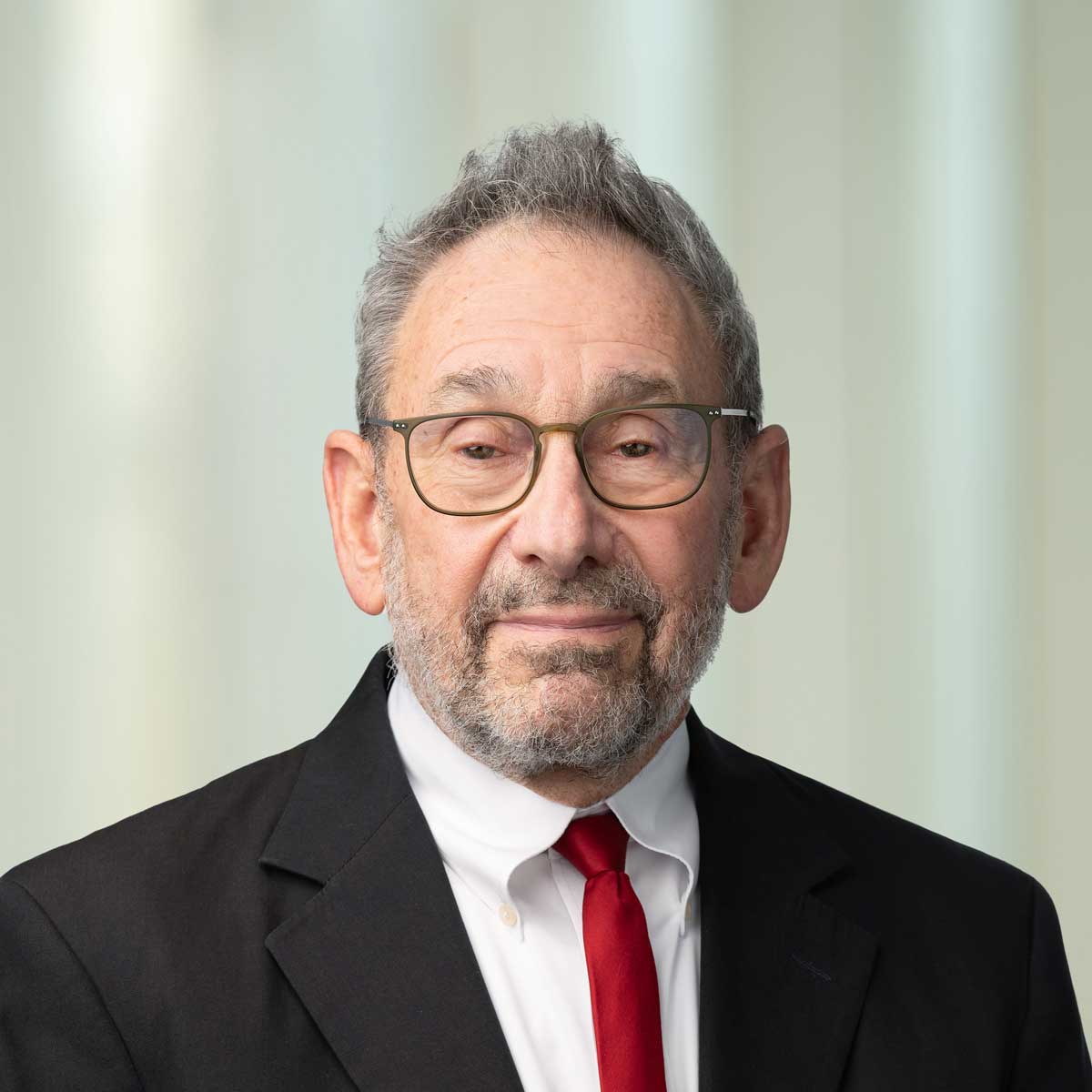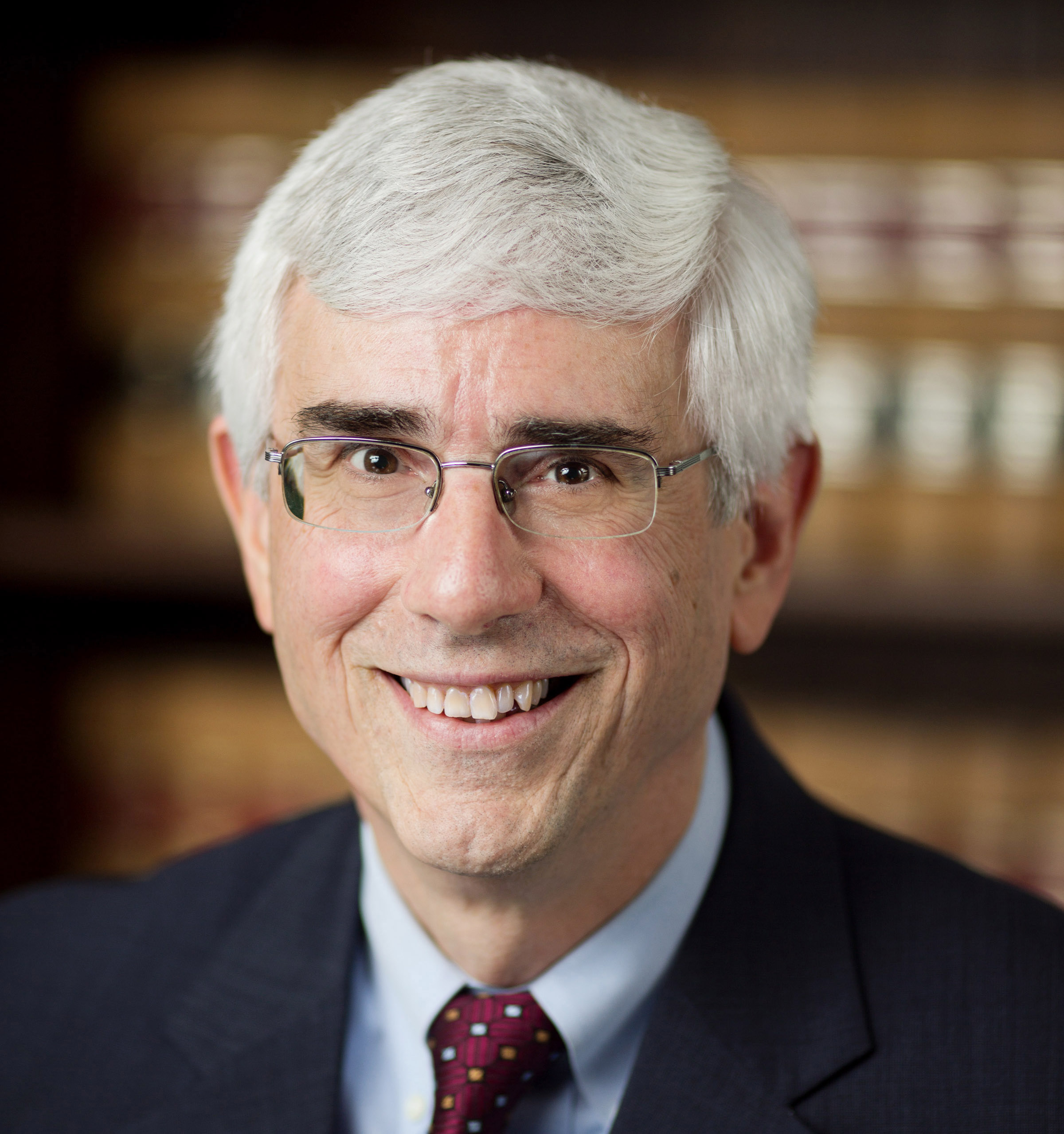A LAW FIRM FOR UNIONS AND THEIR MEMBERS
SINCE 1977, WE HAVE PROUDLY SERVED THE MEN AND WOMEN OF THE MASSACHUSETTS LABOR MOVEMENT. WE REPRESENT PUBLIC AND PRIVATE SECTOR UNIONS AND EMPLOYEES IN ALL ASPECTS OF EMPLOYMENT.

Our Services
The attorneys of Sandulli Grace, P.C. focus on devoting the highest possible level of legal expertise to the representation of labor unions and their members. We care about unions and the members that make them strong. We want to see employees thrive in the workplace and we want strong contracts that create a fair playing field and improve working conditions and compensation. We want our clients to feel rewarded at work and be able to provide for their families and pursue their dreams.
CONTRACT AND INTEREST ARBITRATION
We work with unions, grievants & union members at all stages of the grievance arbitration process. Our attorneys have won hundreds of grievance arbitrations, both in discipline and contract interpretation cases. We also have abundant experience in interest arbitration of collective bargaining agreements.
COLLECTIVE BARGAINING
We advise union bargaining teams on effective strategies for negotiating beneficial collective bargaining agreements. We’ll help you formulate proposals and we’ll sit at the bargaining table with you. Our attorneys are experts at getting positive results for unions and their members, whether through bargaining, mediation, or interest arbitration.
STRATEGIC ADVICE AND TRAINING
At Sandulli Grace, we believe in forming long term relationships with our union clients. This means we are available to provide advice on long-range planning and strategies and suggest creative approaches to accomplishing the union’s goals. We will train union members and new leaders on the complexities of labor and employment law, on how to run a local union, and more.
LITIGATION
We represent unions and employees in state and federal court in all aspects of labor and employment litigation. We have successfully defended arbitration awards before the Massachusetts appellate courts and have obtained large damages awards for employees in wage disputes cases.
.
UNFAIR LABOR PRACTICES
Our attorneys represent unions before the Massachusetts Department of Labor Relations and the National Labor Relations Board. Several Many of our attorneys are former DLR agents formerly worked at these labor agencies. We have successfully enforced forced employers to comply with all of the labor laws, guaranteeing our clients’ rights to fairly negotiate and enforce their collective bargaining rights, free of anti-union discrimination.
UNION ELECTION LAW
We are committed to the growth of the labor movements, and to bringing the many benefits of unionizing to employees in diverse work settings. We will work with you to form a new union, to affiliate with an existing organization, or to grow your union by adding new workplaces. We can guide you through the process – whether at the DLR, the NLRB, or otherwise – from investigation to hearing to appeal.
EMPLOYMENT DISCRIMINATION
We represent employees who have been the victims of employment discrimination because of their race, gender, national origin, military service, disability, age, or sexual orientation, and all other classifications protected by law. Our attorneys have litigated cases on behalf of employees at the MCAD, the EEOC, and in the state and federal courts.
REPRESENTING INJURED PUBLIC EMPLOYEES
We represent public employees and their spouses as they navigate the complicated process of obtaining accidental disability or death benefits. From filling out the initial application, to obtaining a physician’s statement, to hearings and appeals before the Contributory Retirement Appeal Board, our experienced attorneys will provide the legal support you need to win.
STATE CERTIFICATION
We represent employees in navigating the complex processes involving their Massachusetts state certifications. We have successfully represented teachers before the Department of Elementary and Secondary Education (DESE) and police officers in front of the new POST Commission.
WHY SANDULLI GRACE?
We are proud to represent labor unions and their members in a wide variety of public and private employment settings. Our Union clients include:
- Massachusetts Coalition of Police
- Massachusetts Teachers Association
- IAFF/PFFM locals, including Acton, Avon, Brookline, Blackstone, Brewster, Chatham, Clinton, Duxbury, Gloucester, Holden, Manchester-by-the-Sea, Maynard, Natick, Northbridge, Orleans, Shrewsbury, and Sudbury
- IBEW locals 103, 104, 717, 1228, 2321, 2222, 2324, 2325, and System Council T-6
- Utility Workers locals 317, 318, 322, 329, 330, and B340
- RWDSU locals 60, 224, 566, and Joint Board
- Brockton Police Supervisors Union
- Beverly Municipal Employees Association
- Norwood Professional Employees Union
- Andover Independent Employees Association
- International Union of Operating Engineers Local 877
- Area Trades Council
- Court Security Officers Association
- Raytheon Guards Association
- Worcester Polytechnic Institute Campus Police Unit
- Chatham Municipal Employees Association
- New Bedford Police Union
- Barnstable Municipal Employee Association
At Sandulli Grace we are more than just attorneys; we are part of the labor movement and committed to improving the lives of working people.
Our attorneys teach classes at The Labor Guild to help educate union leaders and members. We are strong supporters of the valuable work of Massachusetts Jobs with Justice. Our attorneys are active in the Labor and Employment Sections of the Boston Bar Association and the Massachusetts Bar Association.
We are also active members of our communities. In 2014, we have been awarded the City of Boston’s Most Bike Friendly Business from the mayor’s office. Our office also received a Silver designation from the League of American Bicyclists’ Bicycle Friendly Business program.
Our Latest Blog Posts
WE HAVE PARTICIPATED IN A WIDE VARIETY OF LABOR AND EMPLOYMENT RELATED CASES INCLUDING:
CONTRACT AND INTEREST ARBITRATION
COLLECTIVE BARGAINING
STRATEGIC ADVICE
LITIGATION
UNFAIR LABOR PRACTICES
UNION ELECTION LAW
EMPLOYMENT DISCRIMINATION
NEGOTIATION AND SEVERANCE AGREEMENTS
REPRESENTING INJURED PUBLIC EMPLOYEES




